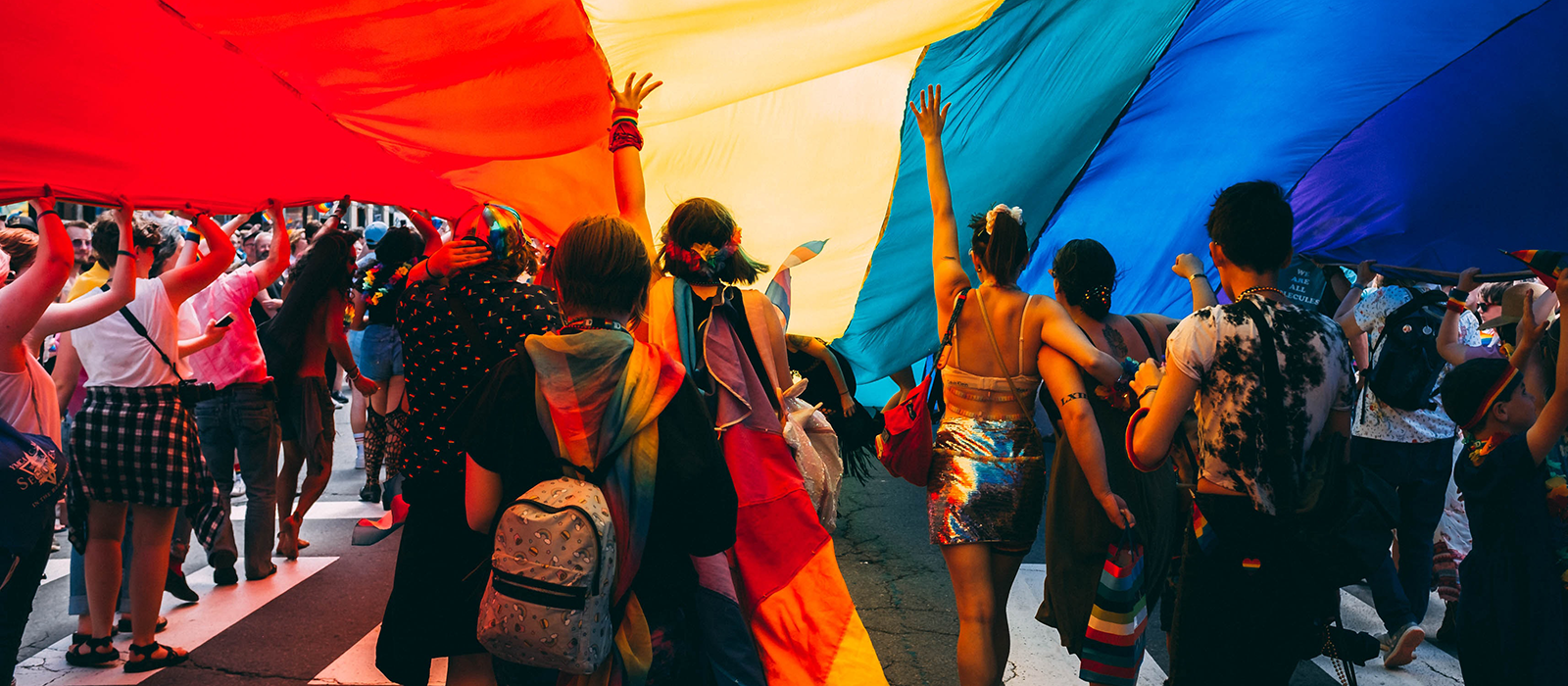Welcoming and celebrating the 2SLGBTQ+ community at Canadian universities


Across Canada, universities are making sure 2SLGBTQ+ students, staff and faculty feel safe and included.
Many Canadian universities now give students the option to indicate their preferred name to the institution, regardless of what their legal name is. Their preferred name appears on most university documentation, including class lists, student IDs and online accounts like institutional emails. This practice reduces trans and nonbinary students’ stress over being misgendered by instructors and peers, and allows them to present themselves in a way that is true to their identity.
For students who do not fit the traditional gender binary or those who may feel unsafe using the restrooms that reflect their chosen gender, the option for gender-neutral washrooms allows them to have a safe space free from potential harassment and discrimination. While not all members of the 2SLGBTQ+ community may feel the need to use these restrooms, universities recognize the importance of providing students, staff and faculty with the choice to do so, granting them additional comfort and freedom to be themselves on campus. Additionally, some universities, such as Nova Scotia’s Acadia University, provide students with the location of all gender-neutral restrooms on campus so they are easy to locate.
A practice that exists in various American universities since 1995, lavender graduations aim to empower 2SLGBTQ+ students, highlight their contributions and provide them with a sense of belonging within their institution. These events allow graduating students to celebrate their achievements with friends and family in a safe and inclusive environment. In Canada, McGill University has been hosting their own event inspired by the lavender graduations called Launch the Rainbow since 2018, which celebrates 2SLGBTQ+ students and their achievements while also drawing attention to the issues they face on campus and in their day-to-day lives.
Whether it’s for a week or a month, most Canadian universities organize Pride celebrations for their students, staff and faculty. And while these events do not always occur during Pride Month in June, they provide an excellent opportunity to learn more about the history and experiences of the 2SLGBTQ+ community. At the University of Alberta’s Ask a Queer Elder event last March, students had the chance to learn more about the Two Spirit identity from an Indigenous Elder. Pride is also an occasion to celebrate the achievements and diversity of the community and to come together and meet people on campus.
Universities often have clubs and centres designed as safe spaces for students who are questioning their sexuality and identity or who identify as members or allies of the 2SLGBTQ+ community. These spaces provide support and resources for students who need them. For instance, the University of Ottawa’s Pride Centre offers gender-diverse clothing to students, as well as offering other services such as a 2SLGBTQ+ library, safe sex supplies and active listening sessions.